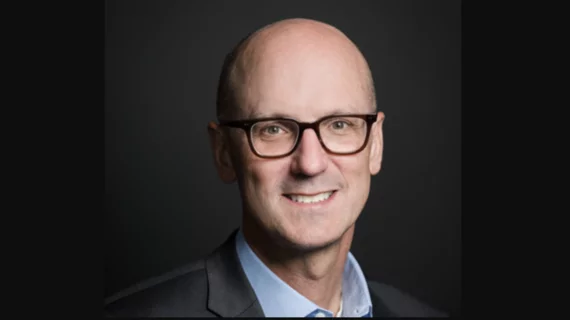President of medical device company resigns over conduct allegations after 7 months in role
Merit Medical, a Utah-based medical device company with more than 7,000 employees, has announced the resignation of its president, Joseph C. Wright. The move is effective Jan. 3, 2025.
Wright resigned after unspecified allegations regarding his conduct were brought to light. Merit performed an independent investigation of the allegations, which it said were not related to the company’s “operations or financial performance.”
Wright was first named Merit’s president back in May after spending 19 years with the company in a number of leadership positions, including chief commercial officer.
Fred P. Lampropoulos, who founded Merit back in 1987 and now serves as its chairman and CEO, will once again be the company’s president once Wright’s resignation is official. Lampropoulos had previously announced his intention to retire at the end of 2025.
Merit Medical’s expanding electrophysiology portfolio
Merit develops, manufactures and distributes medical devices used in multiple healthcare specialties, including cardiology, radiology, oncology, critical care and endoscopy. In October, the company announced a revenue of $339.8 million for the third quarter of 2024, up 7.8% compared to 2023.
Merit recently agreed to purchase Cook Medical’s end-to-end lead management portfolio for approximately $210 million. The transaction was announced in September and then finalized on Nov. 1.
“We believe this transaction will strengthen our fast-growing, high-margin electrophysiology and cardiac rhythm management business with the addition of differentiated products and an established commercial infrastructure,” Lampropoulos said at the time.
Editor's note: The headline of this article has been updated with a correction. The original headline referred to Wright as a CEO.

